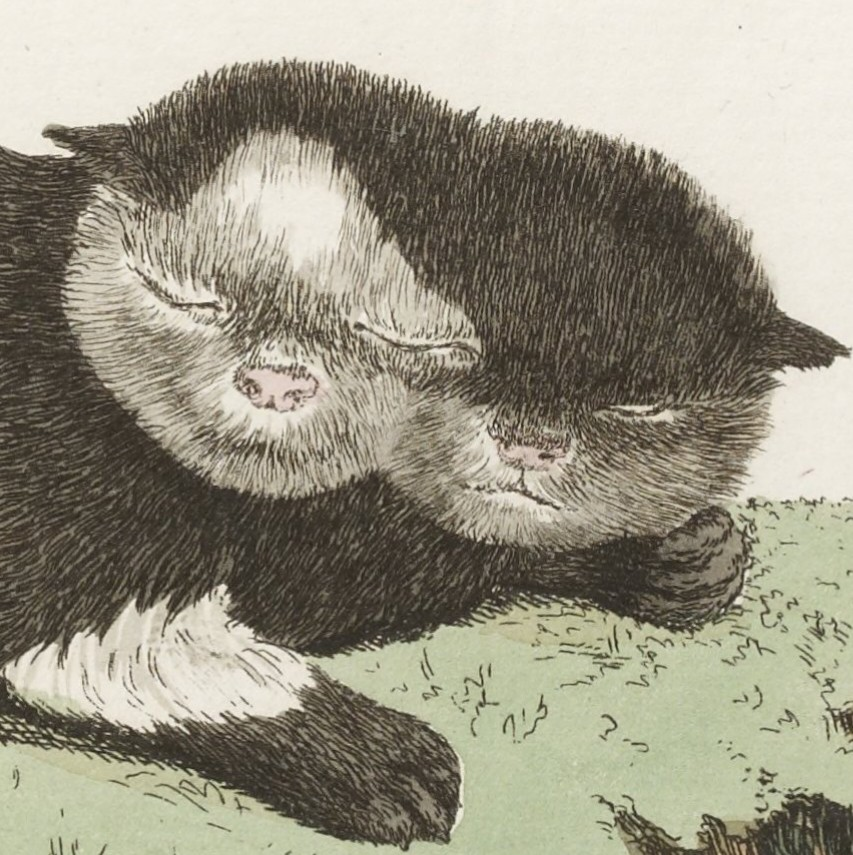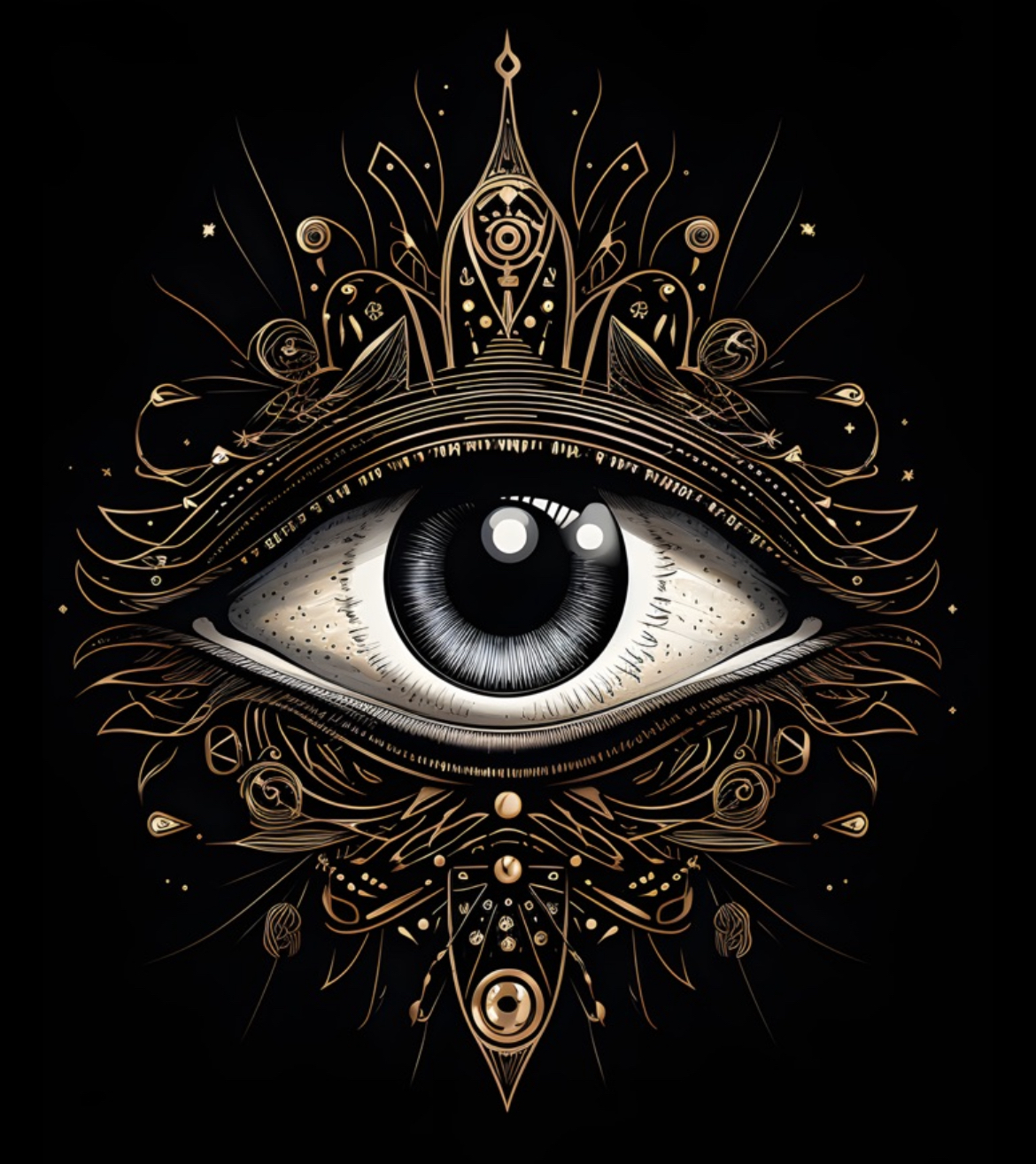Currently none, I consider myself agnostic. Grew up protestant christian, left the church last year due to not identifying with its beliefs (and to save church tax). I have a casual interest in Buddhism, but don’t plan on actually converting.
It really ties the room together.
Nondualism. I looked in direct experience.
I’m a Christian. I was raised Episcopalian, and still attend Episcopal services, but I have been a Unitarian (not Universalist) for a while. After a lot of thought and prayer and Pascal’s wagering I settled on mostly following Church doctrine and the scripture but departing from them where I feel they don’t makes sense.
Apatheism.
“Because God said so” sounds like a terrible rationale for morality to me. For that reason I do not think the existence of God is relevant to my life.
Agnosticism after doubting my way out of Protestantism in my teens. Major contributing factors were my parents’ divorce (which was clearly the right thing for them to have done, as one was abusive) and realizing I was queer
I’m split damn near 50/50 on whether I think a deity or deities exist. Physics observations that suggest our universe is a simulation, and weird things about consciousness (dreams, deja vu, near death experiences, psychedelic experiences, cultural parallels in seemingly isolated ancient civilizations, etc.) fascinate me and keep me wondering what might be “up there.” At the same time, studying biology made me realize the “power” of randomness over millions of years to “create” what people find meaningful without there necessarily having to be divine influence. Typewriter-monkey-Shakespeare philosophical stuff.
I really, really hope reincarnation or a non-hell afterlife exist, though. I am TERRIFIED of oblivion. :(
energy is neither created or destroyed
all matter is energy in a different state.
there is no oblivion
Do you remember what it was like before you were born?
Exactly.
This is the argument/reassurance I hear most often, but it doesn’t make me less afraid, unfortunately. Even if I were shown undeniable proof that my consciousness will stop existing after my death and therefore be unable to experience negative emotions/pain/fear/etc., my problem is that, well, I just really don’t wanna stop existing.
To me, nonexistence is only preferable to a hell-type afterlife of guaranteed eternal suffering
If I could choose, I’d most prefer reincarnation (preferably as a human or other sapient being…)
I’m still haunted by the possibility that I send a version of myself to oblivion every time I lose consciousness. 🫠
Agnostic.
Was raised Christian, but I started becoming aware of how hypocritical my church was around my middle school years. Did some reading, talked to lots of people. Refused to keep attending church by 8th grade.
Then, I didn’t think about it for a while. Probably not until college. Started looking into other religions, but they all kind of had the same sort of overarching issues I had with Christianity. Even atheism, I found to be a religious-like belief.
I was really happy to discover agnosticism. I felt like it really spoke to me. I really don’t like the idea that we’re meaningless and nothing, even in the face of how small we are in comparison to the universe around us. I also don’t like the idea that there’s a magic all-consuming being out there who made us as we are who we someday have to answer to.
I like science and saying we truly don’t know. I find comfort in the fact that we haven’t learned our origins yet (as in, all of creation, not just humans). I like the optimism agnostics have, as it’s a natural state for me to be in.
I like the way you put it. Also born and raised Christian. I considered myself an agnostic at 21 (now late 30s), but I’m an atheist for all intents and purposes. Atheist of the cool kind though, not like those anti-religion edgelords. I think religion has a place in society and works for some people, I respect that, it’s just not for me anymore.
100% agree with every word in your comment
None.
I’ve been reading a lot about Jainism
I’ve been vegan for a while now and the concept of nonharm as a philosophical/religious focus of your life seems very interesting to me.
The concept is basically just, do your best not to hurt anyone, human or nonhuman. Unless it’s in self defence. I quite like that idea. More people should try it.
Allegorical Christianity
In that, yeah, western pluralism is derived from a “Rhode Island” interpretation of tolerance from Jesus Christ’s teachings in the New Testament. But waa the guy diety? Nah.
Was raised LDS/Mormon for the first three decades of my life. But gradually burned out of it as the church became more demanding and greedy – and slowly evolved away from “Rhode Island” tolerance Christianity into a near- LGBTQ hate group. The church decided to die on that hill, and I left. I believe Jesus teaches me to be kind, understanding, and tolerant.
The LDS/Mormon church is basically obsessed over anti-LGBTQ acceptance and tithing (money). If it were on the Nasdaq, the church would rival Lockheed Martin in market cap. Yet they are hella stingy helping the poor and still demand even the church’s poorest members to pay their “widow’s mite” of 10 percent. It’s downright immoral.
Always nice to see fellow exmormons around.
There are dozens of us! Dozens!
Pantheism/panentheism/Spinoza’s God
found God through philosophy. now i’m deeply obsessed with Kaballah, Rosicrucians, and esoteric christianity. and Dmt.
Christ Consciousness (ego death) is good. institutional religion is corrupt.
Christianity is a leftist tradition.
Pastafarian. I’ve preferred alfredo to marinara ever since I was a kid and loved pirates. I just knew that my colander had a sacred use: as a hat!
deleted by creator
I was raised Roman Catholic, but am feeling much better now.
I’m an atheist because religion describes our reality about as well as Flat Earthers describe the shape of our planet.
Same boat but I have heavily leaned towards science. And I think that leaning hard that way has kinda pushed me into being agnostic more than atheist. Have you had similar thoughts?
My faith corroded as my critical thinking skills developed. I’d consider myself a strong atheist on the Dawkins scale.
I haven’t seen anything that would nudge me off of my position towards agnosticism.
Militant agnosticism. I don’t know and you don’t either. Strong feelings don’t count as evidence. As long as doubt is entertained as equal to faith, I can get along with a wide variety of believers.
Technically I’m atheist agnostic. Once you’ve seen through one real-estate sex cult, they all start to look the same. So I’ve made my Pascal’s Wager. I bet my immortal soul that any being worth calling God doesn’t care what club I belong to.
Since the purported reward of worship is only received after death, it all sounds like pie in the sky to me.
real-estate
Exjw?
Close. Ex-Mormon. All churches and religious bodies can be classified as real-estate sex cults, technically. All that tax advantaged real estate is a lovely hedge and a place to hide wealth in plain sight.
I don’t know and you don’t either. Strong feelings don’t count as evidence.
<whistles>
“I don’t know, and neither do you”
I don’t know if there are diamonds hidden within the walls of my house, but pretending it’s true is going to result in a lot of damage.
The default position is to say “I’m not convinced there are diamonds in my walls” until someone proves me wrong.
I may not “know”, but I’m almost certainly right. I’m also very confident that all of the religions I know about are wrong. I feel justified to say I know that, even though, semantically, that’s technically incorrect.












